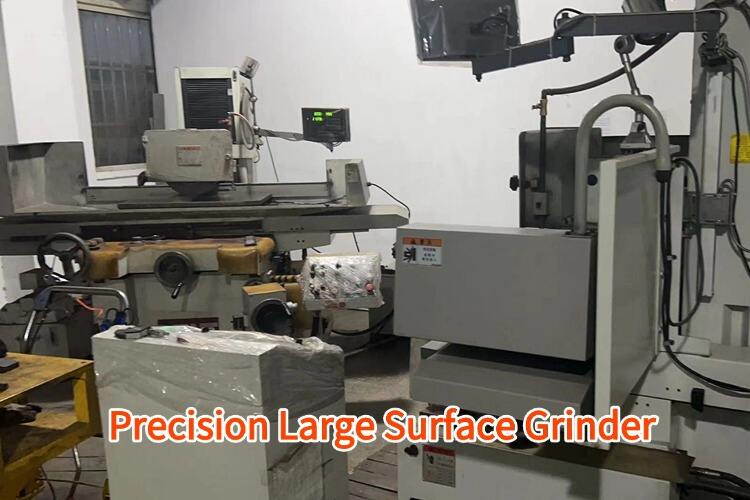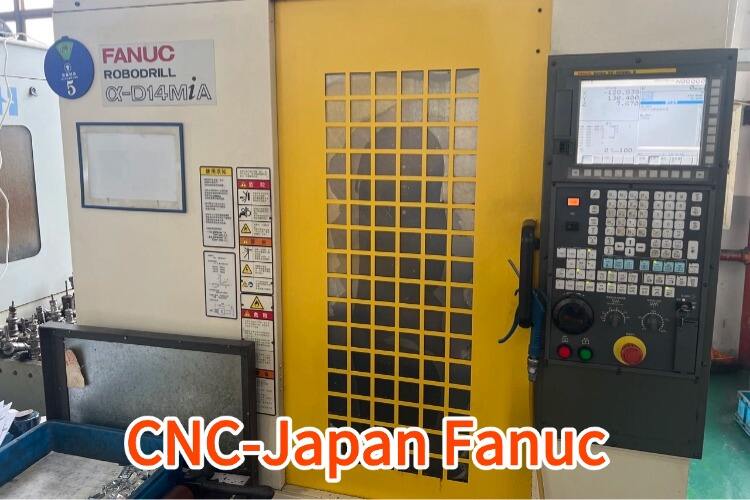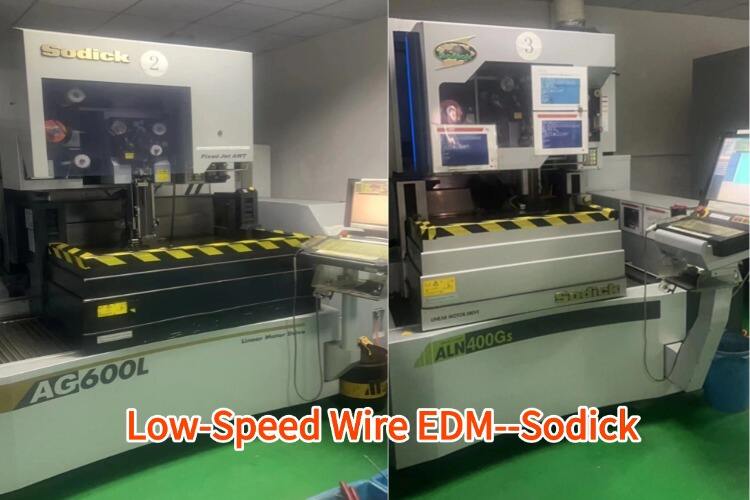what is cnc prototyping
CNC prototyping is a sophisticated manufacturing process that utilizes computer numerical control (CNC) technology to create precise prototypes and parts from various materials. This advanced manufacturing method involves the use of computerized machines that follow detailed programming instructions to remove material from a solid block, creating complex shapes and components with exceptional accuracy. The process begins with a digital 3D design, which is then converted into machine-readable code through specialized CAM software. This code guides the CNC machine's cutting tools through a series of precise movements, systematically removing material to achieve the desired shape. CNC prototyping excels in producing both simple and intricate parts with tight tolerances, making it invaluable across industries such as aerospace, automotive, medical device manufacturing, and consumer product development. The technology supports a wide range of materials, including metals, plastics, wood, and composites, offering versatility in prototype creation. Modern CNC machines often feature multiple axes of movement, allowing for complex geometries and undercuts that would be impossible to achieve through traditional manufacturing methods.


